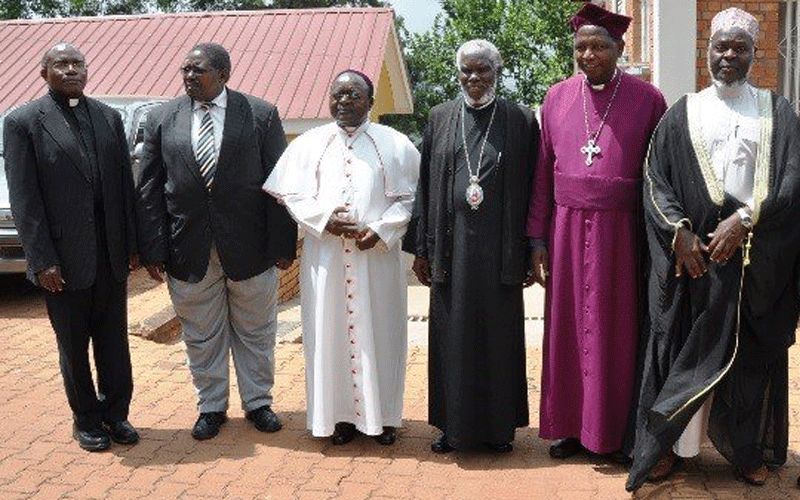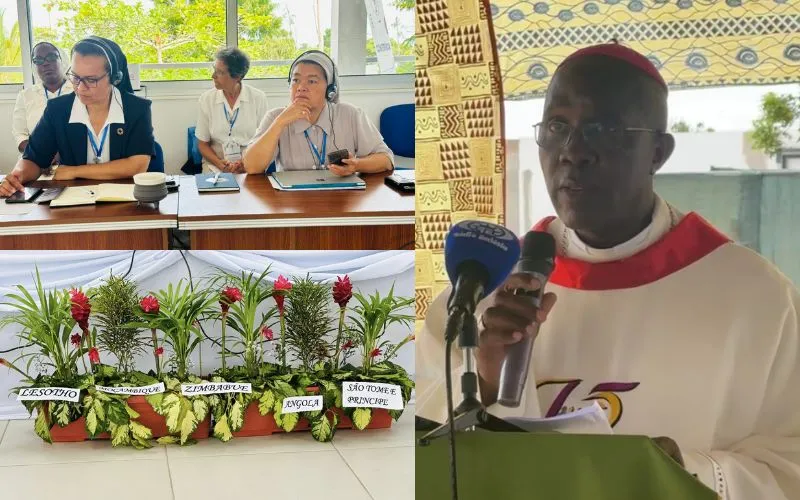The commission’s Chairman, Simon Byabakama Mugenyi also announced a ban on campaign rallies and instead urged candidates to campaign via media outlets, a move he said was aimed at controlling the spread of COVID-19.
The move to ban campaign rallies is seen by the civil society as a strategy by the government to gain undue advantage over opposition candidates who have previously complained of restricted access to state-owned media, which reportedly favors the ruling party.
Majority of the country’s private media is allegedly owned by individuals loyal to the governing party, thus making it hard for the opposition candidates to get fair coverage.
The country’s incumbent President, Yoweri Museveni who has been in power since 1986 has not declared his candidacy, though his party, the National Resistance Movement (NRM), has endorsed him as the party’s flag bearer.
If he vies, President Museveni will be competing against popular musician and parliamentarian, Robert Kyagulanyi Ssentamu popularly known as Bobi Wine, who has teamed up with veteran opposition leader, Kizza Besigye.
In their collective statement, the religious leaders who include members of the Uganda Episcopal Conference (UEC) call upon political actors and electoral managers in the country to “engage in a win-win dialogue on how to access media space equitably; how to enforce the regulations uniformly and agree on the mode of campaigns.”
In their initiative dubbed “working together for peaceful, credible free and fair elections 2020/21,” the members of IRCU who represent seven religious bodies express their willingness to work with various stakeholders to address the existing challenges that they say are undermining the growth of the country’s democracy.
The challenges, they say, include the declining trend in respect for freedom of expression, the narrowing civic and political space; and concerns about the increasing monetization of elections.
They are also concerned about violence in elections; persistent challenges of limited participation of women, youth and People With Disabilities (PWDs) in elections; the lack of equal access to media and the gross apathy among the electorate.
In the four-page statement obtained by ACI Africa, the religious leaders also announce the “second edition of the presidential and constituency candidates’ debates” on a date they say “shall be announced as soon as the presidential and parliamentary campaigns begin.”








